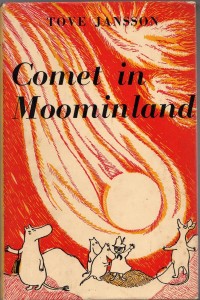Archive for the ‘Reading’ Category
Sunday, March 27th, 2022
Perhaps it is only in childhood that books have any deep influence on our lives. – Graham Greene
In a world that offers children so many digital delights, why bother with books?
1. Books help children understand the world
Books expose children to new ideas and help shape their world view – reading is a meeting of minds.
While reading, we can leave our own consciousness, and pass over into the consciousness of another person, another age, another culture – Maryanne Wolf
2. Books help children understand themselves
Stories give a frame of reference by which they can measure their experiences and feelings.
We read books to find out who we are. – Ursula K Le Guin
3. Books develop children’s imagination
Reading is imagination, and imagination enriches the real world.
Children do not despise real woods because they have read of enchanted woods; the reading makes all woods a little enchanted. – C.S. Lewis
4. Books develop children’s brains
Books boost a child’s intellectual development. The brain changes when children learn to read: it creates new neural pathways….reading and thinking enhance each other.
5. Books are enjoyable.
Ultimately a child must want to read. The child who reads for pleasure is forming a wonderful habit – and there’s also pleasure for parents in reading aloud.
See also: Guide To Best Books For Children
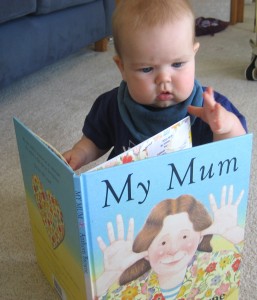
Tags: books, children's books, Reading, science
Posted in Children's Books, Reading, Science | No Comments »
Saturday, August 3rd, 2019
Twenty-Three Tales by Tolstoy
There is only one time that is important – Now! It is the most important time because it is the only time when we have any power.
Moominpappa at Sea by Tove Jansson
Moominpappa had no idea what to do with himself, because it seemed everything there was to be done had already been done.
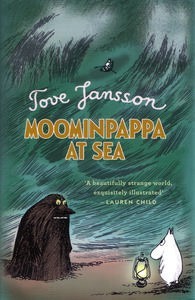
The Wisdom of Insecurity by Alan Watts
If the universe is meaningless, so is the statement that it is so.
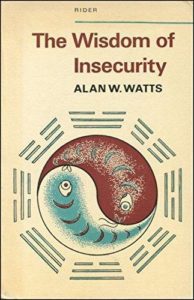
Right Ho, Jeeves by P.G. Wodehouse
I wouldn’t have said off-hand that I had a subconscious mind, but I suppose I must without knowing it, and no doubt it was there, sweating away diligently at the old stand, all the while the corporeal Wooster was getting his eight hours.
The Golden Apples of the Sun by Ray Bradbury
And pluck till time and times are done
The silver apples of the moon,
The golden apples of the sun.
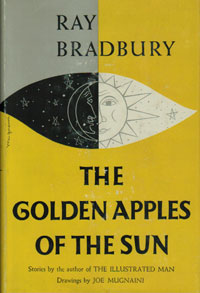
Tags: books, Ray Bradbury, reviews, Tolstoy
Posted in Book Reviews, Reading | 2 Comments »
Saturday, June 1st, 2019
Far from being a means to escape the social world, reading stories can actually improve your social skills by helping you better understand other human beings. – Keith Oatley (The Psychology of Fiction)
That master of imagination, J.R.R. Tolkien, said that fantasy “offers not an escape away from reality, but an escape to a heightened reality”. When we read any fiction we enter an imaginary world, but it’s the characters that we attach to most of all. When our emotions are triggered by the characters, that’s when we get an understanding of real life relationships. Children develop empathy for others from about 4 years old – and hearing and reading fiction enables them to walk in another’s shoes. Another great reason for reading to children!
While reading, we can leave our own consciousness, and pass over into the consciousness of another person, another age, another culture. – Maryanne Wolf
Picture from a book about feelings: Bravo by Philip Waechter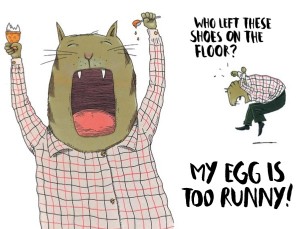
Tags: brain, Reading, tolkien
Posted in Book Reviews, Children's Books, Reading, Science | No Comments »
Saturday, December 1st, 2018
1. Have plenty of books available.
Access to books is the key – books help children learn. Love your local library!
2. Read aloud.
- start a book together and let the child finish it,
- children read to a pet,
- have a family read-athon.
The amount of time the child spends listening to parents and other loved ones read continues to be one of the best predictors of later reading. – Maryanne Wolf
3. Find the best books.
Children can’t resist great books, such as:
4. Match books to children’s interests.
Whatever they want to read – comic books, science, or monsters – they probably need it. Librarians love to help you find the right book.
You need a top story. You need a subject that interests a child. And you need something that they can read. – Paul Jennings
5. Interact with books.
- write to the author,
- dress up as characters,
- create book artwork,
- write a book.
Tags: children's books, Reading
Posted in Children's Books, Reading | No Comments »
Sunday, January 7th, 2018
Books are sensory – they have a pleasing look, a comforting smell, a grainy feel, a satisfying weight. You can lend a book, read it everywhere, stow it anywhere, hide treasures in it. The best-loved books are dog-eared, coffee-stained, and inscribed: carrying memories locked into untold brain networks by all the experiences you had when reading it.
And forever after you have only to open that book to be back where you first read it. It will all come into your mind with the very first words…― Cornelia Funke (Inkheart)
A book works at my speed, comfortable and slow, faster when I want it to be, then slow again. Many of my books are old friends.– Jack Lasenby (interview here).
When you read a great book, you don’t escape from life, you plunge deeper into it….And for this serious task of imaginative discovery and self-discovery, there is and remains one perfect symbol: the printed book.– Julian Barnes
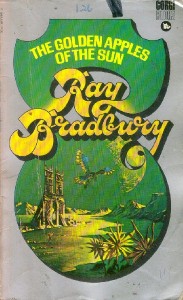
Tags: books, children's books, Reading, writers
Posted in Children's Books, Reading | 7 Comments »
Sunday, October 1st, 2017
Reading a book leaves us with new neural pathways. Gail Rebuck (Humans Have the Need To Read)
Reading can be learned only because of the brain’s plastic design, and when reading takes place, that individual brain is forever changed. Maryanne Wolf
Readers mentally simulate each new situation encountered in a narrative… using brain regions that closely mirror those involved when people perform, imagine, or observe similar real-world activities. Washington University
We already knew that good stories can put you in someone else’s shoes in a figurative sense. Now we’re seeing that something may also be happening biologically. – Gregory Berns (Emory University)

Photo: My grandson, Spencer, 5 months old
Tags: books, brain, Reading, science
Posted in Reading, Science | No Comments »
Sunday, February 5th, 2017
Thoughts from The Importance of Living (1938) by Lin Yutang, Chinese philosopher and inventor.
On writers:
Every word has a life and a personality. A writer always has an instinctive interest in words.
Writing is but the expression of one’s own nature or character… style is not a method, a system or even a decoration; it is but the total impression that the reader gets of the quality of the writer’s mind.
A writer in the ‘familiar’ style speaks in an unbuttoned mood. He completely exposes his weaknesses, and is therefore disarming.
A literary masterpiece is like a stretch of nature itself, well-formed in its formlessness…
On readers:
The ancient peoples called books ‘limp volumes’ and ‘soft volumes’; therefore the best style of reading a book is the leisurely style. In this mood, one develops patience for everything.
I regard the discovery of one’s favourite author as the most critical event in one’s intellectual development. Like a man falling in love with his sweetheart at first sight, everything is right…
A good reader turns an author inside out, like a beggar turning his coat inside out in search of fleas… an itch is a great thing.
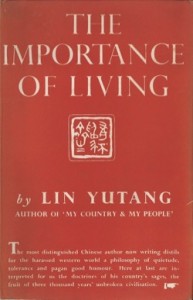
Tags: books, Reading, writing
Posted in Book Reviews, Reading, Writing | No Comments »
Sunday, February 14th, 2016
Reading and brain development are linked almost from birth. A baby’s brain grows quickly (tripling in size in the preschool years) as the brain cells make connections with each other. What creates those connections? Reading and singing to a baby; playing with a baby; touch and eye contact. By six years old, a child has the most brain connections he or she will ever have. A baby who’s been introduced to books will start school with many literacy skills in place.
The amount of time the child spends listening to parents and other loved ones read continues to be one of the best predictors of later reading.– Maryanne Wolf
Reading and thinking can enhance each other. It’s our brain’s ‘plasticity’ that enables us to learn to read – reading creates brand new neural pathways and these then become the basis for new thinking. (More reading quotes here).
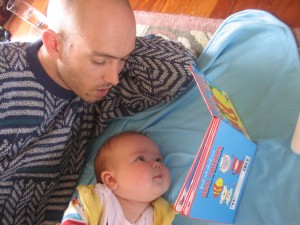
Spencer and his Dad
Tags: brain, children's books, Reading, science
Posted in Reading, Science | No Comments »
Sunday, January 18th, 2015
The things that you do should be things that you love; and the things that you love should be things you do. – Ray Bradbury
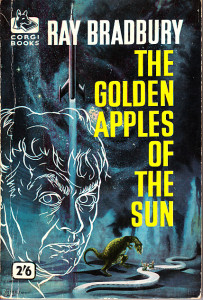 Ray Bradbury’s stories kept me reading in my teenage years and still inspire my writing today. I still have my first Corgi paperback of The Golden Apples of the Sun – the best 65c I ever spent (in 1970 that was an hour’s raspberry picking). Bradbury’s sci-fi-fantasy stories are scary, surprising, sentimental, and highly imaginative: a dinosaur falls in love with a lighthouse (The Fog Horn); an insect changes history (A Sound of Thunder); an astronaut pursues Jesus from planet to planet (The Man); the sun only shines once every 7 years (All Summer in a Day). He wrote short stories (my favourite collection is The Illustrated Man), novels, film (eg. Moby Dick) and TV.
Ray Bradbury’s stories kept me reading in my teenage years and still inspire my writing today. I still have my first Corgi paperback of The Golden Apples of the Sun – the best 65c I ever spent (in 1970 that was an hour’s raspberry picking). Bradbury’s sci-fi-fantasy stories are scary, surprising, sentimental, and highly imaginative: a dinosaur falls in love with a lighthouse (The Fog Horn); an insect changes history (A Sound of Thunder); an astronaut pursues Jesus from planet to planet (The Man); the sun only shines once every 7 years (All Summer in a Day). He wrote short stories (my favourite collection is The Illustrated Man), novels, film (eg. Moby Dick) and TV.
Read more about Ray Bradbury:
If you want to write, if you want to create, you must be the most sublime fool that God ever turned out and sent rambling.– Ray Bradbury
Tags: Ray Bradbury, science fiction
Posted in Reading, Sci-Fi | No Comments »
Sunday, January 4th, 2015
The book has long oscillated between being accepted as harmless hilarity and being condemned as excessively horrifying- Humphrey Carpenter
Struwwelpeter (Pretty Stories and Funny Pictures) by Dr Heinrich Hoffman (1845) is a classic of gleefully gruesome cautionary rhymes about naughty children. Hoffman was a psychiatrist who founded an influential Frankfurt asylum and pioneered counselling as an alternative treatment to cold baths. The characters in Struwwelpeter were inspired by his child patients – he’d tell them stories and draw pictures to calm them down. Hoffman was looking for a book for his three year old son and could only find ‘stupid collections of pictures, and moralising stories’, so he created Struwwelpeter. It was one of the first picture books designed purely to please children – before 1850 children’s books were mainly religious and moral lessons with titles such as An Exact Account of the Conversion, Holy Lives and Joyful Deaths of Several Young Children. Read more about ‘Shock-Headed’ Peter here.
The Awful Warning carried to the point where Awe topples over into helpless laughter.– Harvey Darton
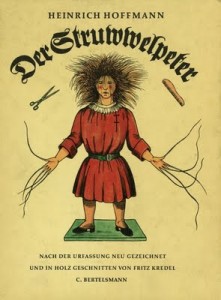
Tags: children's books, picture books, reviews, struwwelpeter
Posted in Book Reviews, Children's Books, Humour, Reading | No Comments »
Monday, February 17th, 2014
Quadratino (1911), ‘Square Head’, is an Italian comic strip by Antonio Rubino. In each story, Quadratino’s mischief is punished by an ‘accident’ in which his head is squeezed into a new geometric shape – he rolls downstairs and it becomes a circle; a biscuit tin squashes it into a rectangle – and Mother Geometry must ‘redraw’ his square. Maths has never been such fun! According to 1001 Comics You Must Read Before You Die Quadratino is “the best conceptual homage to comics” because he’s a living comic strip frame. I love his cat (click image to enlarge).
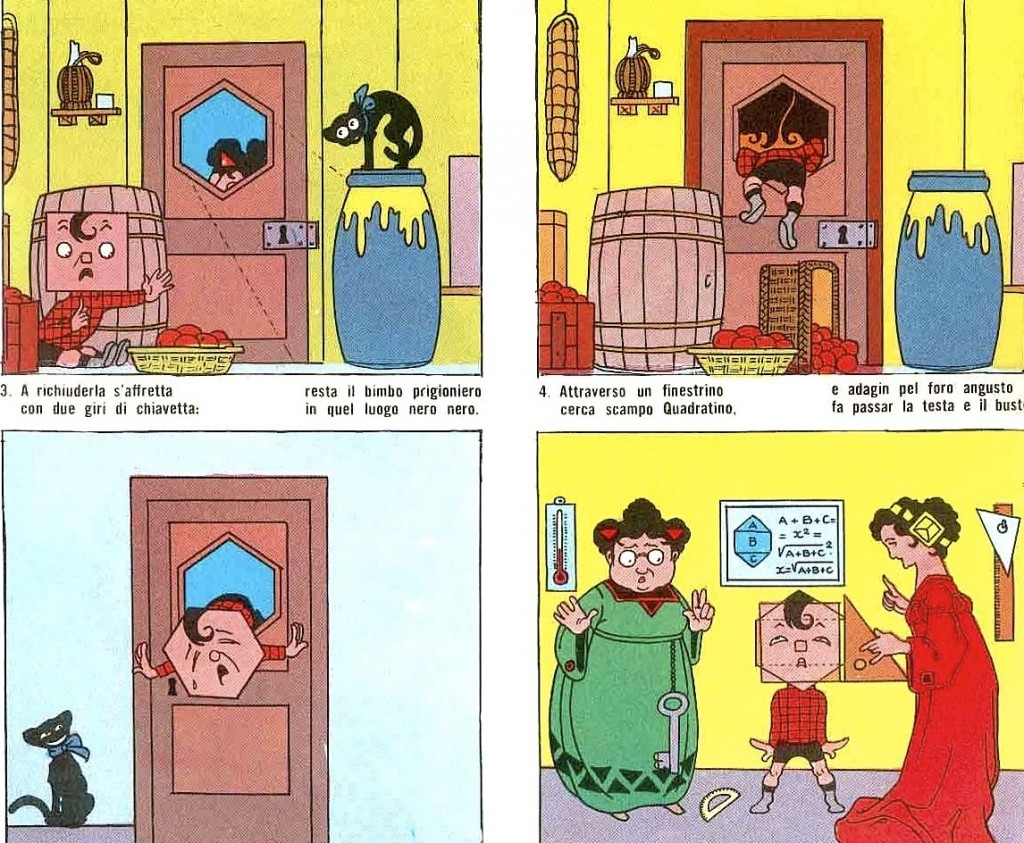
Tags: children's books, comics, humour
Posted in Children's Books, Humour, Reading | No Comments »
Thursday, December 13th, 2012
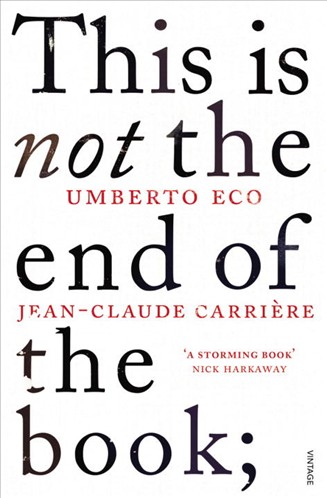 This is not the end of the book is a fascinating conversation between two great bibliophiles, the author Umberto Eco and film-maker, Jean-Claude Carriere. They discuss the history of the physical book and our digital future. It’s a rambling, wide-ranging conversation (as the best are) and the enthusiasm of these book lovers swept me along. And there’s an especially fine chapter on book censorship.
This is not the end of the book is a fascinating conversation between two great bibliophiles, the author Umberto Eco and film-maker, Jean-Claude Carriere. They discuss the history of the physical book and our digital future. It’s a rambling, wide-ranging conversation (as the best are) and the enthusiasm of these book lovers swept me along. And there’s an especially fine chapter on book censorship.
The Internet has returned us to the alphabet … From now on, everyone has to read… Alterations to the book-as-object have modified neither its function nor its grammar for more than 500 years. The book is like the spoon, scissors, the hammer, the wheel. Once invented, it cannot be improved.’ – Umberto Eco
Tags: books, Reading, reviews
Posted in Book Reviews, Reading | No Comments »
Sunday, September 11th, 2011
The amount of time the child spends listening to parents and other loved ones read continues to be one of the best predictors of later reading. Maryanne Wolf
I’ve discovered a fantastic Australian invention (no, not the petrol-powered lawn-edging tool that killed this morning’s birdsong): Paint the Town REaD is a fantastic literacy-building model that  encourages communities to read, talk, sing and rhyme with children from birth. It includes a Reading Day that engages the whole community in reading. It’s a bit like ‘stop, drop, and read’ in schools, but instead it’s shopkeepers, politicians, sports heroes, police, business-people and high school students who stop and read aloud to children all over town. The thing I like about this model is that it’s been a grass-roots initiative, not imposed by bureaucrats. I imagine it would translate well into NZ communities.
encourages communities to read, talk, sing and rhyme with children from birth. It includes a Reading Day that engages the whole community in reading. It’s a bit like ‘stop, drop, and read’ in schools, but instead it’s shopkeepers, politicians, sports heroes, police, business-people and high school students who stop and read aloud to children all over town. The thing I like about this model is that it’s been a grass-roots initiative, not imposed by bureaucrats. I imagine it would translate well into NZ communities.
Photo: Stories in the local pharmacy.
Tags: children's books
Posted in Children's Books, Reading | No Comments »
Monday, July 25th, 2011
‘Tell all the Truth but tell it slant. Emily Dickinson
There’s talk of compulsory laptops and iPads for primary schools, but evidence suggests that books should be the priority for children. A good novel is more likely to engage the brain than a screen. Reading is a ‘neuronally and intellectually circuitous act’ (Maryanne Wolf) – or to put it another way, a novel encourages the reader’s brain to be active in the construction of the story. Wolf also argues that more indirect the writing the more enriching it is for the brain.
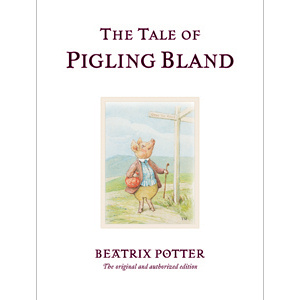 Clive James comments on this (in Cultural Amnesia) in his essay celebrating the eloquence of Beatrix Potter. He recalls how his own children were fascinated by slant and mysterious phrases such as ‘eight conversation peppermints with appropriate moral sentiments’ and ‘Alexander was volatile’ in The Tale of Pigling Bland (one of the great character names). James concludes that
Clive James comments on this (in Cultural Amnesia) in his essay celebrating the eloquence of Beatrix Potter. He recalls how his own children were fascinated by slant and mysterious phrases such as ‘eight conversation peppermints with appropriate moral sentiments’ and ‘Alexander was volatile’ in The Tale of Pigling Bland (one of the great character names). James concludes that
Children like to hear good things said a thousand times.
Tags: brain, children's books, writers
Posted in Children's Books, Reading, Science, Writing | No Comments »
Tuesday, July 19th, 2011
Alone we are one drop, together we are an ocean Ryunosuke Satoro
 Honey bees are a super-organism: each one working for the health of the whole. In the same way many people contribute to a book. At the writer’s end: family, friends, writing group, experts, research subjects. At the publishers: editor, proof-reader, designer, publicist, education coordinator, accountant. In the world: distributors, retailers, reviewers, website designer, media, networkers and most importantly, readers. Readers are the book’s power — an unread book will wither like a hive without a queen.
Honey bees are a super-organism: each one working for the health of the whole. In the same way many people contribute to a book. At the writer’s end: family, friends, writing group, experts, research subjects. At the publishers: editor, proof-reader, designer, publicist, education coordinator, accountant. In the world: distributors, retailers, reviewers, website designer, media, networkers and most importantly, readers. Readers are the book’s power — an unread book will wither like a hive without a queen.
Photo: Swarm by Sarah Anderson
Tags: books, honey bees
Posted in Bees, Reading, Writing | No Comments »





